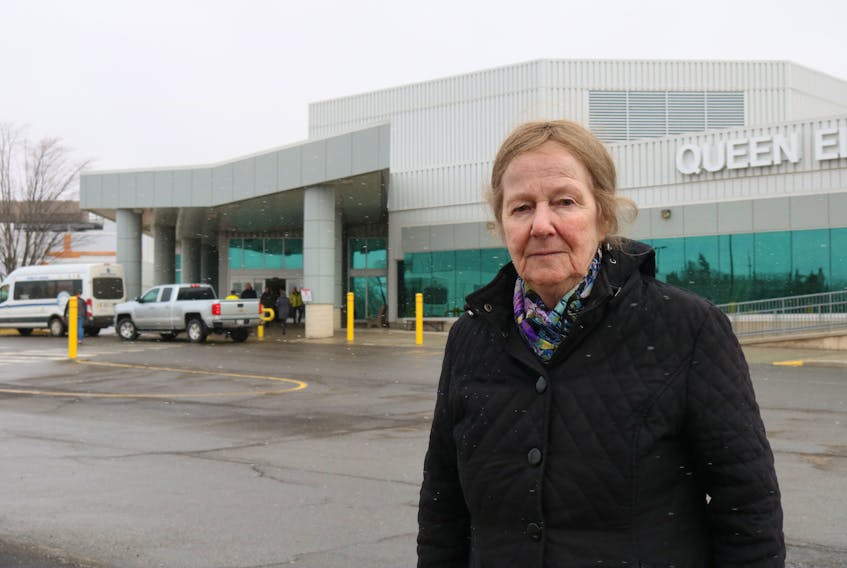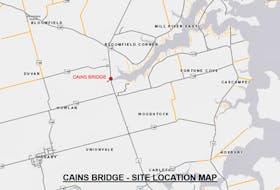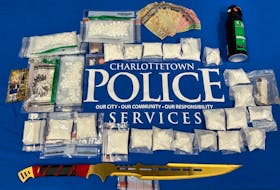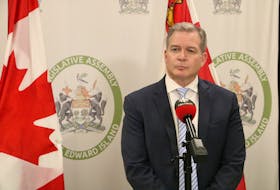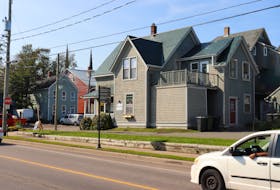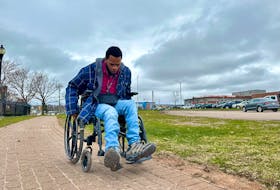A universal, single-payer public pharmacare system will save lives, says the chair of the P.E.I. Health Coalition.
Mary Boyd has been lobbying for a public pharmacare system for the last 20 years.
The system was recently recommended to be established in Canada in an extensive report released Wednesday by the Advisory Council on the Implementation of National Pharmacare.
“A total of seven and a half million Canadians have trouble filling their prescriptions,” said Boyd. “A single-payer pharmacare system would certainly take care of that and allow all those people to have coverage and that would save lives.”
The proposed pharmacare would work similarly to Canada’s current medicare system and
would make it easier for Canadians to access the medicine they need without breaking the bank, said Boyd.
“In other words, we hand over our health card and not our credit card when we go to the doctor’s office and the hospital,” said Boyd. “That’s what we’re asking for, for pharmacare as well.”
The council proposed a $2 co-payment for drugs on the essential medicines list and $5 for less common drugs. The fee would be waived for low-income Canadians and people on social assistance.
No person or household would pay more than $100 per year.
Drugs now come at various costs depending on the province or territory.
“Every province has its own pharmacare program and it’s not working very well,” said Boyd. “There’s such a discrepancy. For instance, there’s a cancer drug that’s free in Nunavut, it’s $3,000 in British Columbia, and it’s $20,000 in Prince Edward Island.”
Since medication under the current system can be expensive, Boyd said some Canadians skip doses or cut their pills to make them last longer.
This can result in hospitalization and trips to the emergency room, which strains the health care system.
“This (a universal, single-payer public pharmacare system) is going to help the healthcare system a great deal because it’s going to cut down on the costs of emergency which are very high and hospitalization which is the most expensive of all the aspects of our health care system,”said Boyd.
In the report, the council chair Dr. Eric Hoskins estimated $5 billion would be saved annually in prescription drug costs if the system is implemented.
Boyd said other credible researchers are estimating it could be even more.
“Some of the other researchers who have done really comprehensive work on this, said we can save up to 11 billion a year,” said Boyd.

